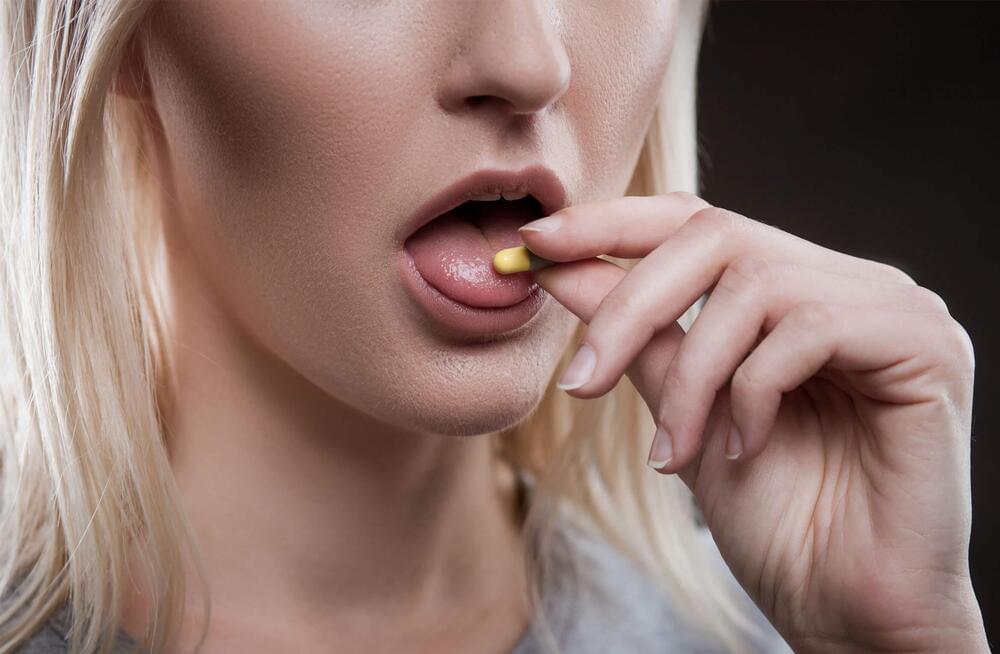The use of “smart drugs” to enhance productivity in academic and workplace settings is on the rise. A recent study published in Science Advances examined the effects of three popular smart drugs – methylphenidate, modafinil, and dextroamphetamine – on real-life tasks. The researchers hypothesized that these drugs, which affect dopamine and norepinephrine, would influence motivation and effort, ultimately leading to improved performance.
The study involved forty participants between the ages of 18 and 35. The participants were randomly assigned to four groups and attended four testing sessions. In each session, they were given one of three popular smart drugs or a placebo. The drugs were administered in a double-blinded manner, meaning neither the participants nor the researchers knew which drug was being given.
The researchers used a task called the “knapsack task” to evaluate the participants’ cognitive performance. This task involves solving a complex optimization problem where participants have to select items with certain weights and values to maximize the overall value while staying within a weight limit. The difficulty of the task was designed to simulate real-life complex tasks that people encounter.
